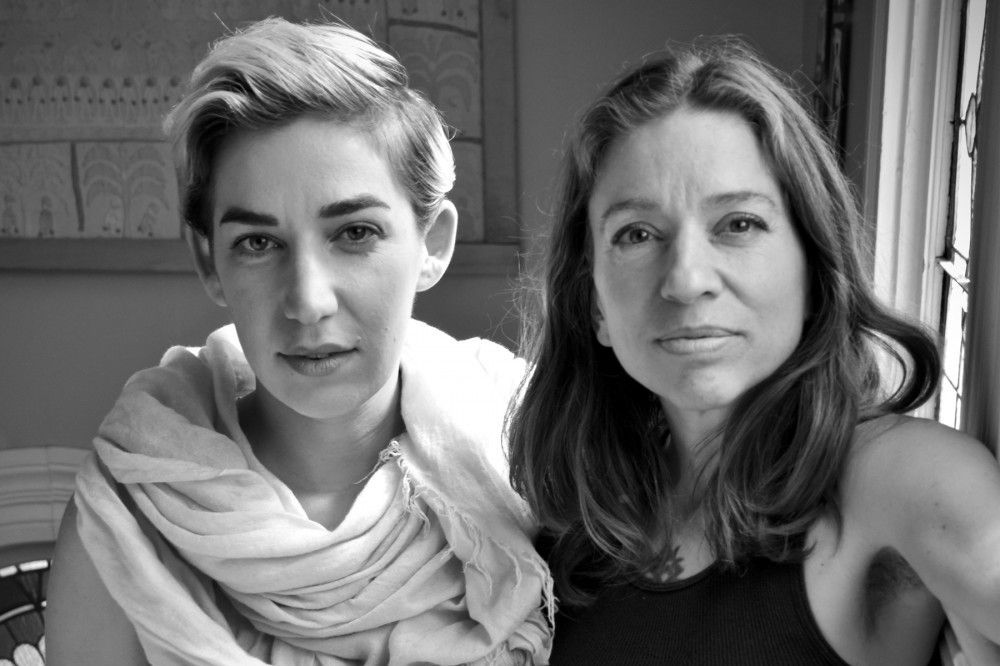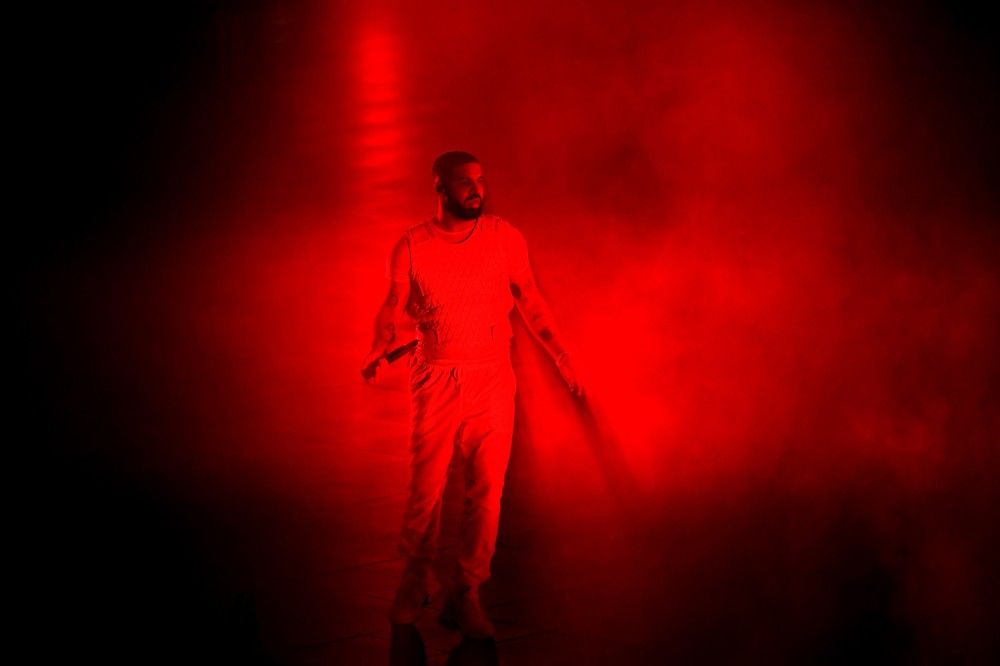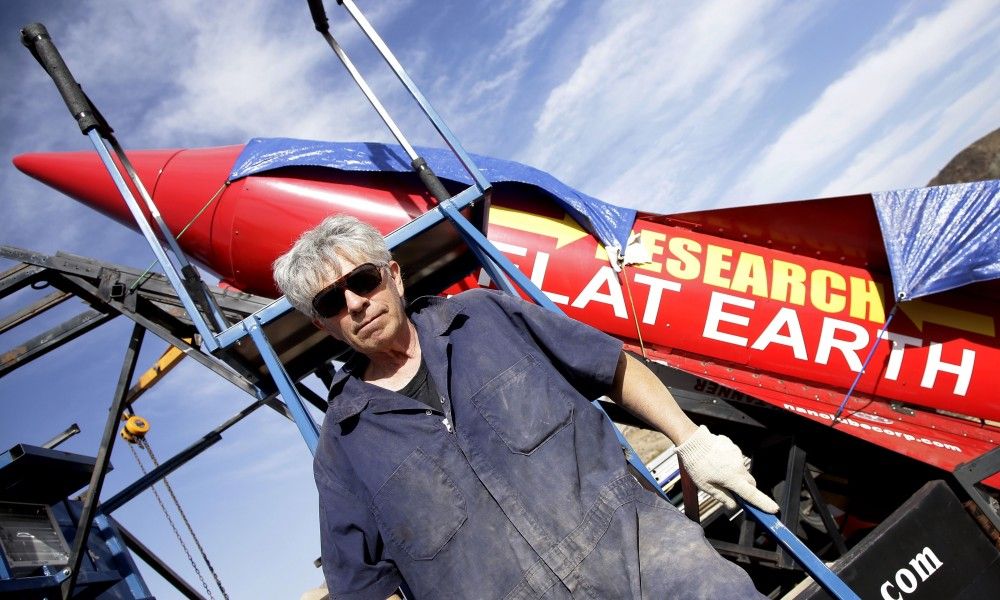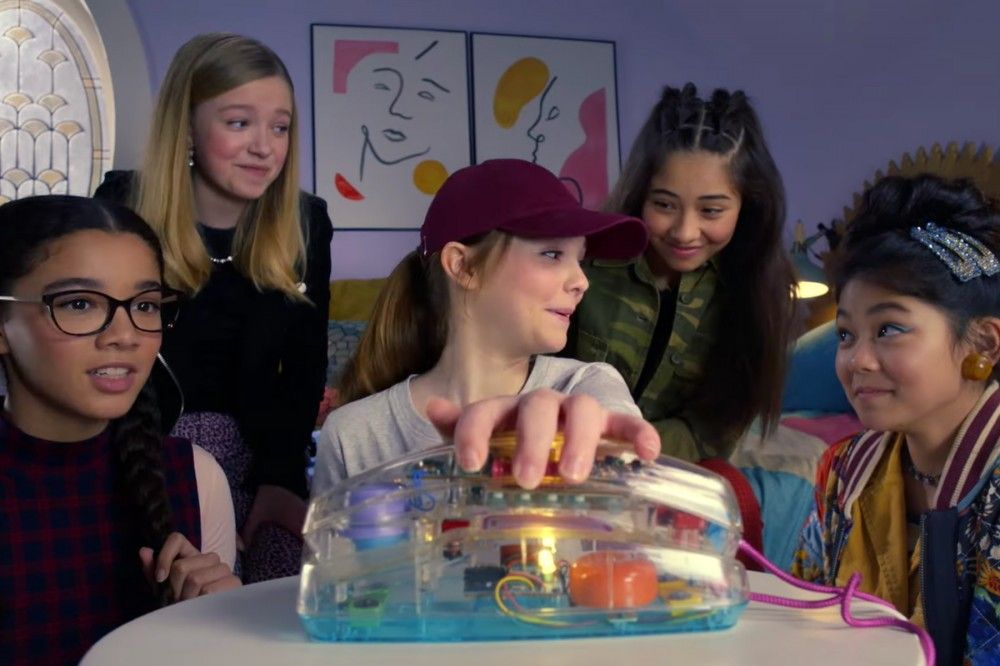
Ani Difranco, Zoë Boekbinder Team Up to Tell Inmates' Stories in Song
Zoë Boekbinder first met the inmates at New Folsom Prison in Folsom, California, in 2010 — and four years spent volunteering led to an album that would become Long Time Gone, a collaboration between Boekbinder, incarcerated men, and ’s Righteous Babes Records and the Prison Music Project. The album is out June 5th.
“There are two million people in prison in the U.S. and each one of them has a story to tell. Nine of them are on this record,” DiFranco tells Rolling Stone. “The stories and the music on Long Time Gone are diverse in scope and sound, as are the people involved, but we are united in our humanity and in our hope for a more just justice system. In this time of human versus virus, when so many behind bars are sitting ducks, I hope we can address the reality of mass incarceration and fix it.”
After volunteering with prisoners for four years — playing concerts and teaching workshops — Boekbinder started working with inmates on songs of their own, with help from DiFranco. “The 10-year process of this record seemed to play out in slow motion, but it seems only fitting because many of the songwriters here are serving life-without-parole sentences,” the duo writes in a release. “For them, there is nothing but endless gaping time. Daring to hope and daring to feel in such a context becomes a revolutionary act. Our intention, with this project, is to simply reflect the shared humanity of people on both sides of prison bars.”
Spoon Jackson, who has been in prison for 40 years for murder, penned a poem called “Nowhere but Barstow and Prison,” which DiFranco adapted into a song, with the lyrics: “Been down sidewinder valley/Been down dead man’s alley/I slipped down b hill/In the heart of town/Been locked up so long/My head spins around.” Jackson is serving life without parole, but managed to make friends with DiFranco during the writing process; he’s also published a memoir called By Heart and written countless poems.
“I have been incarcerated 42 years for murder with special circumstances,” Jackson wrote as part of a recent petition for his freedom. “I was 10 days into my 20th year when committing the crime. I take full ownership/responsibility of the loss of life. I was lost with no sense of direction, no sense of responsibility and no purpose. I wish I could have traveled another road instead of the one of self-destruction and causing another person harm.”
Boekbinder was unable to take recording equipment into the prison, so most of the vocals were done by the musicians and other guests. The rap at the end of “Monster” — penned by Greg Gadlin and Boekbinder — was performed by the inmate over the phone. “I’m a monster,” Gadlin raps as Boekbinder’s angelic voice tapers off. “You can call me the glorious/Seems I’m stuck here in this game/All I know is this street life and it’s a goddamn shame.”
“The first time I met Greg, I was playing a concert for men in solitary confinement,” Boekbinder tells Rolling Stone. “I was in a small, windowless room and the walls were lined with 10 cages — each the size of a telephone booth, big enough for one person to sit or stand in. The audience (incarcerated men) was brought into the room one-by-one and put into these cages, a truly captive audience in the worst way. Greg was one of these caged men, but his smile and demeanor broke the tension of the space. … I knew, immediately, that I wanted to share his story.”
“Greg Gatlin has served five years of a 967-year sentence, and Spoon Jackson has served 40 years of a life without parole sentence,” DiFranco adds. “Neither of them will ever stop paying for their crimes. What we are trying to focus on with the prison music project is not the crime that anyone committed (because their whole lives are defined by or are an answer to that moment) but on the person beyond the crime and what else they might be or have to offer. Instead of focusing on shame and punishment, we are centering the humanity in all of us, and our capacities to grow, learn and heal. We are sharing the stories we have been asked to share.”
All proceeds from the record will go toward incarcerated and formerly incarcerated communities.



